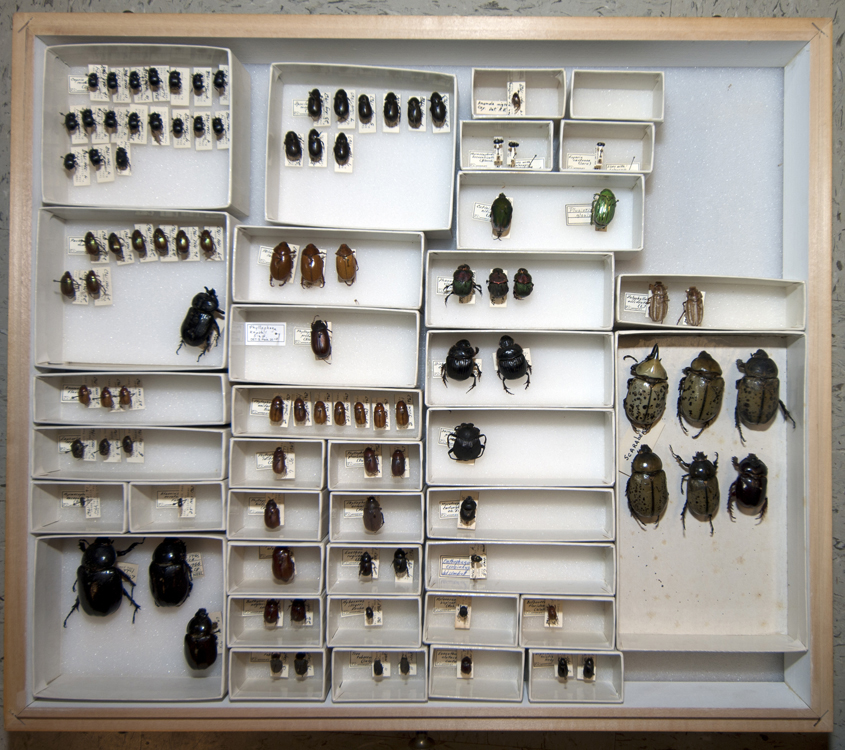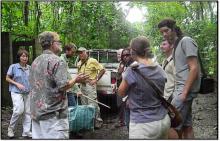IDigBio Announces Dried Insect Digitization Workshop April 24-25, 2013
 iDigBio is pleased to announce the third in a series of preparation-specific workshops focusing on organizing, launching, maintaining, and/or enhancing a biological collections digitization program. This workshop will focus on digitization of dried insect specimens, stored in drawers and trays, either pinned or in packets. The workshop will be held at The Field Museum, Chicago, Illinois April 24–25, 2013. We have funding to support travel and per diem for 24 participants. April 23 and 26 will be travel days, with a welcoming reception early evening, April 23. Those desiring to attend this workshop should complete the online application no later than February 15, 2013. For more information, contact Gil Nelson.(gnelson@bio.fsu.edu).
iDigBio is pleased to announce the third in a series of preparation-specific workshops focusing on organizing, launching, maintaining, and/or enhancing a biological collections digitization program. This workshop will focus on digitization of dried insect specimens, stored in drawers and trays, either pinned or in packets. The workshop will be held at The Field Museum, Chicago, Illinois April 24–25, 2013. We have funding to support travel and per diem for 24 participants. April 23 and 26 will be travel days, with a welcoming reception early evening, April 23. Those desiring to attend this workshop should complete the online application no later than February 15, 2013. For more information, contact Gil Nelson.(gnelson@bio.fsu.edu).






